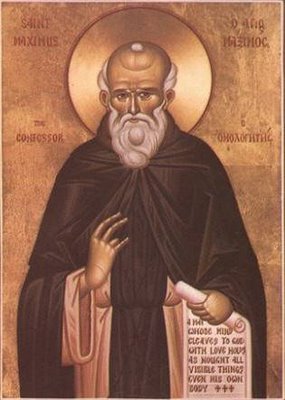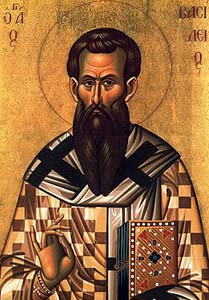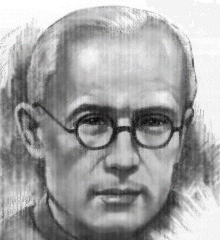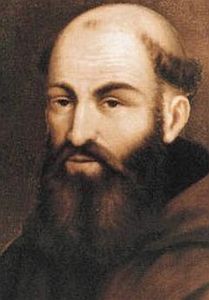
The extremities of the earth, and all in every part of it who purely and rightly confess the Lord look directly towards the most holy Roman Church and its confession and faith, as it were to a sun of unfailing light, awaiting from it the bright radiance of the sacred dogmas of our Fathers according to what the six inspired and holy councils have purely and piously decreed, declaring most expressly the symbol of faith. For from the coming down of the incarnate Word amongst us, all the Churches in every part of the world have held that greatest Church alone as their base and foundation, seeing that according to the promise of Christ our Saviour, the gates of hell do never prevail against it, that it has the keys of a right confession and faith in Him, that it opens the true and only religion to such as approach with piety, and shuts up and locks every heretical mouth that speaks injustice against the Most High.
--Saint Maximus the Confessor*confessor:(1) One who has given heroic testimony to the Christian faith. In the early Church, this term frequently designated a martyr. In modern ecclesiastical language, however, a confessor is a male saint who did not shed his blood for the faith. The Church divides such saints into two classes: those who were bishops (confessores pontifices); and those who were not bishops (confessores non pontifices).
(2) A priest empowered with the necessary jurisdiction to hear confessions and to impart sacramental absolution.
CatholicReligionChurchRoman CatholicCatholic ChurchCatholic SaintsCatholic BlogsSaint Quotes






